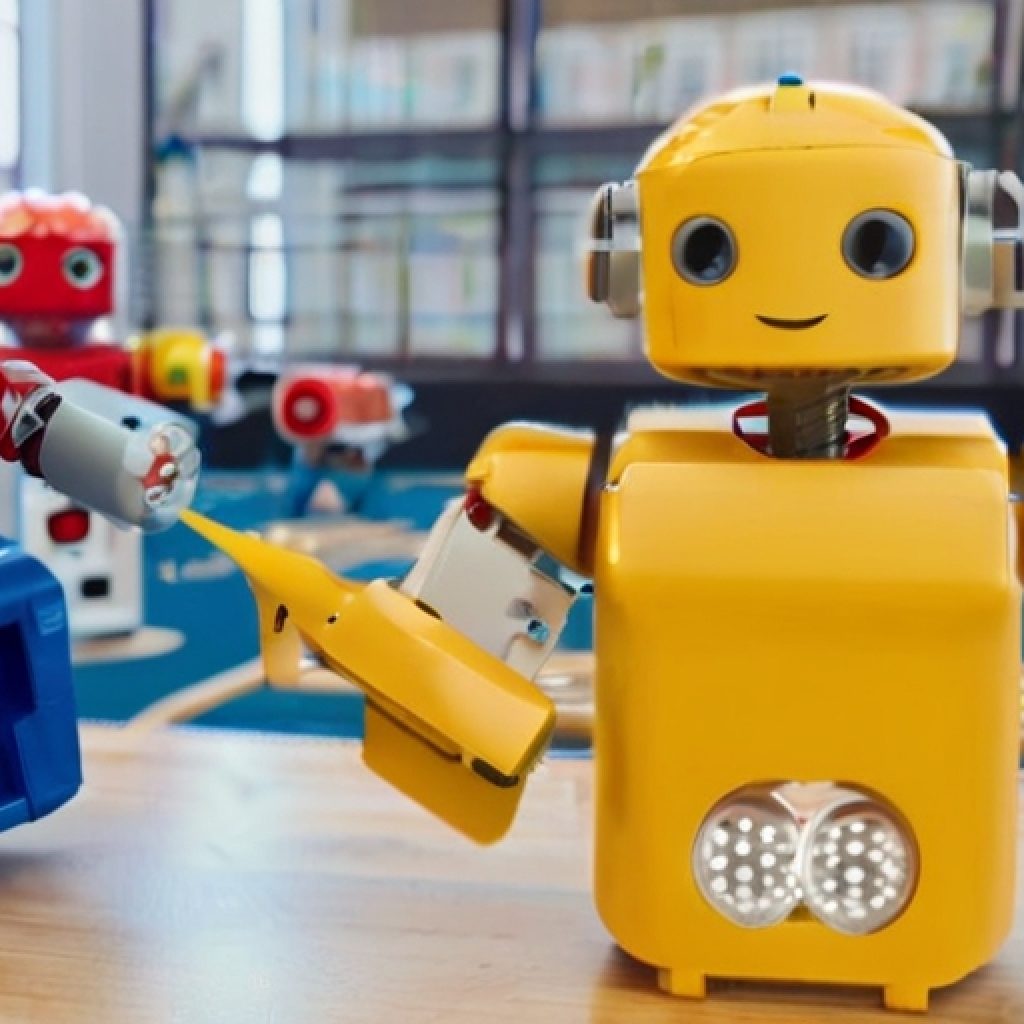Apple has been looking for a way to make it possible for LLM (Large Language Models) or heavy AI systems to run on its low-memory iPhones. Now, it appears that the company may have finally found a way to do it.
The company is now inking $50 million worth of deals with online publishers to allow its AI model to use their news articles to train. The multi-year deals have been inked with popular publishing platforms including Wired, The New Yorker, The Daily Beast, Vogue, NBC, People, and Entertainment Weekly.
The upside and the downside
From a critical point of view, the decision decision to use up-to-date data from publishers as opposed to the rest of the internet has its advantages. For starters, the AI model will delve in a closed-loop kind of learning process away from the mad din of misinformation and propaganda being spread in the major parts of the internet.
According to CEO Tim Cook, this is how the AI will be able to be trained “responsibly.” Also, there are benefits from the reliability and controllability of the AI learning environment as well as legal protection that comes with dealing directly with the specific publishers. This way, Apple hopes to distinguish itself from the rest of the models – like ChatGPT.
On the other hand, however, the AI model will only be exposed to a small part of the internet and training data. This could create a gap of deficiency between Apple’s AI and others like ChatGPT that have had access to the wider internet. Apple claims that the decision to not train its model with data from the wider internet is due to its own policy of promoting privacy.
If successful, the AI model will be availed to users of the next iPhone versions running on iOS 18. This could potentially keep Apple ahead of competitors since it will be the first smartphone manufacturer supporting LLMs.
Apple is keeping a secret
However, this deficiency isn’t pronounce as of yet because Apple is yet to come clean on what it plans to use its AI for. Some fear that the model is meant to learn to generate news, something that could potentially result in it becoming a competitor in the event that the smartphone company decides to deploy it for that purpose.
Interestingly, the company doesn’t seem very eager to share information about its purpose for the AI. This is making some publishers uncomfortable and somewhat reluctant. Still, many are embracing it.
A good number of publishers have embraced Apple’s AI because Apple is approaching, and even paying them for their data, instead of just scraping the internet like OpenAI did for ChatGPT. OpenAI has been accused of obtaining data from social platforms like Twitter (now X) without the authorization of the platform’s management. X has since come with its own AI model named “Grok.” This suggests that large multi-nationals are increasing being attracted by the power of AI.
Apple’s entrance into the AI industry has the potential to shake up the market as the AI battle is expected to continue to heat up in the coming year (2024). However, it’s not clear when Apple’s AI training period will last or when it could be deployed for whatever purpose by its creator. Granted, AI systems have become popular in various sectors, including art and online gaming. It was just a matter of time before phone companies like Apple took an interest in it.





